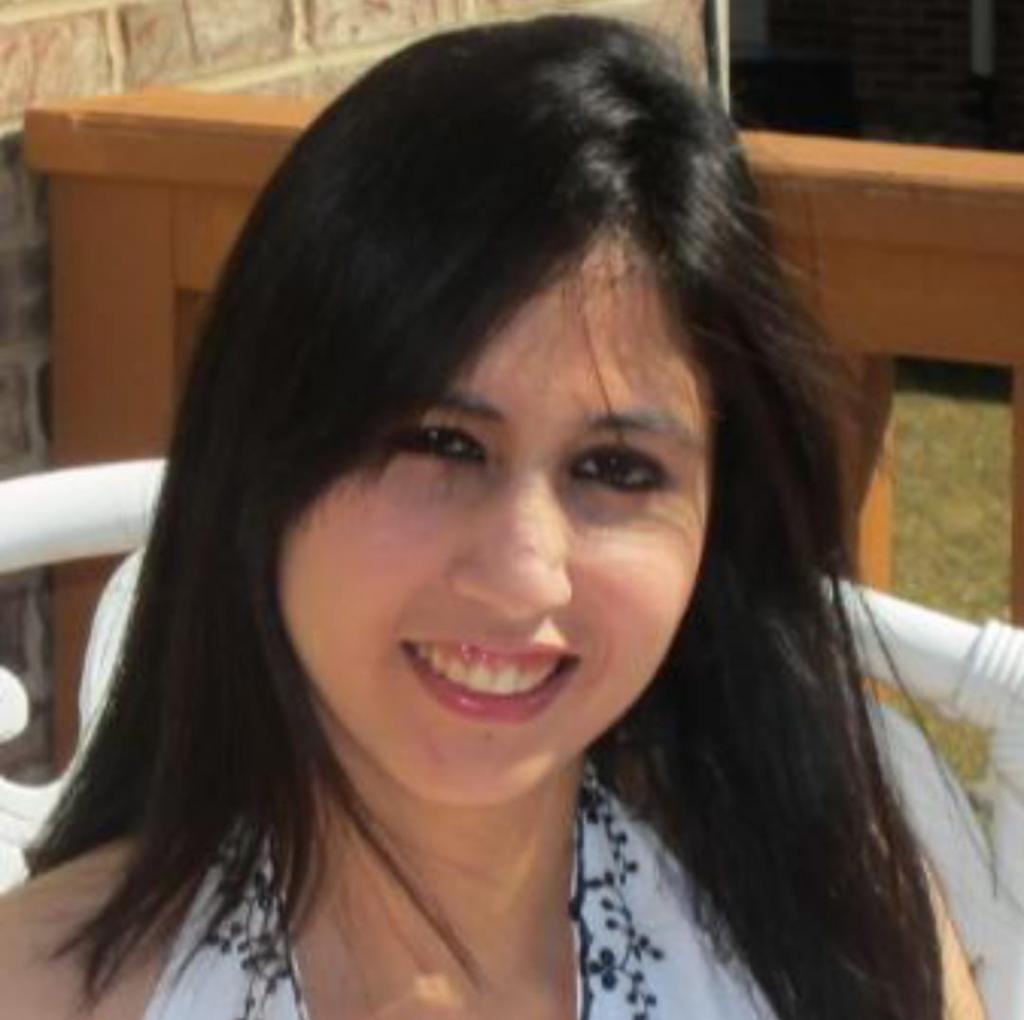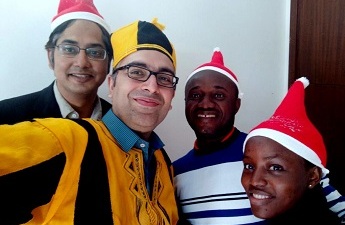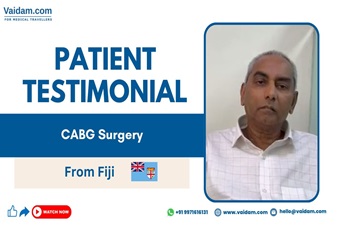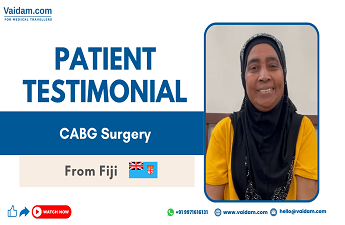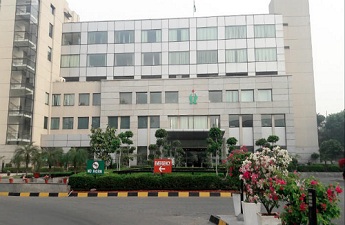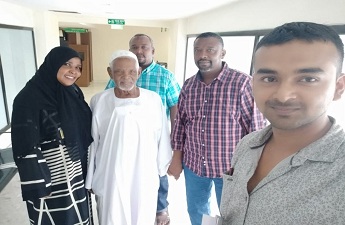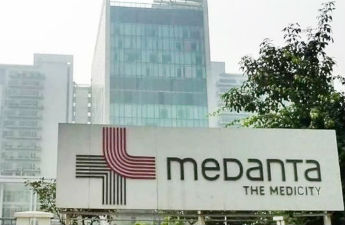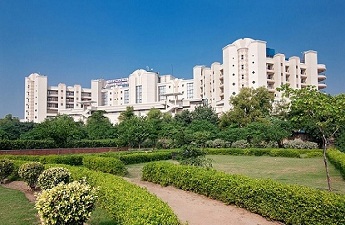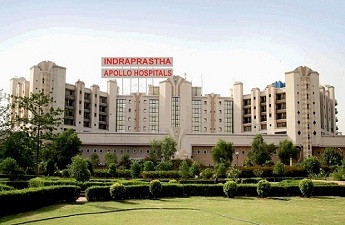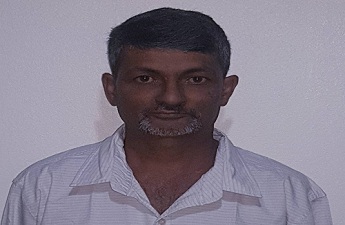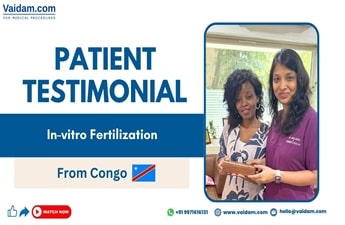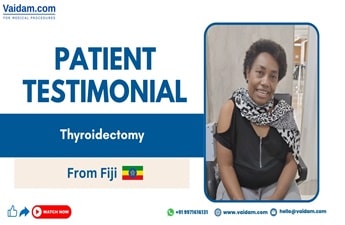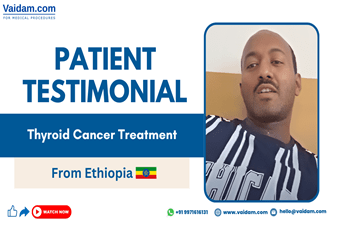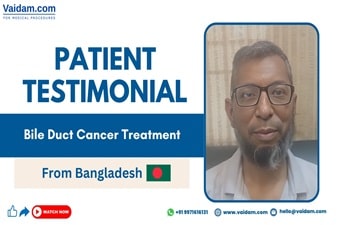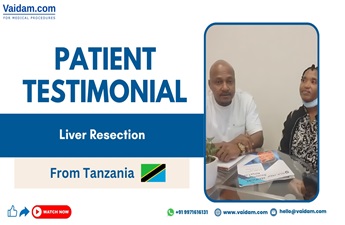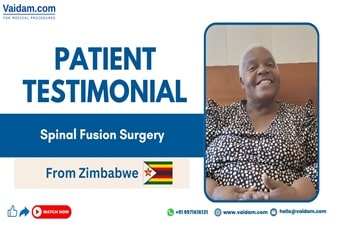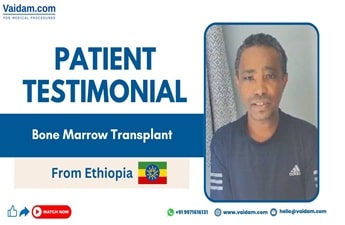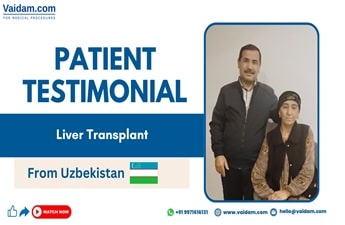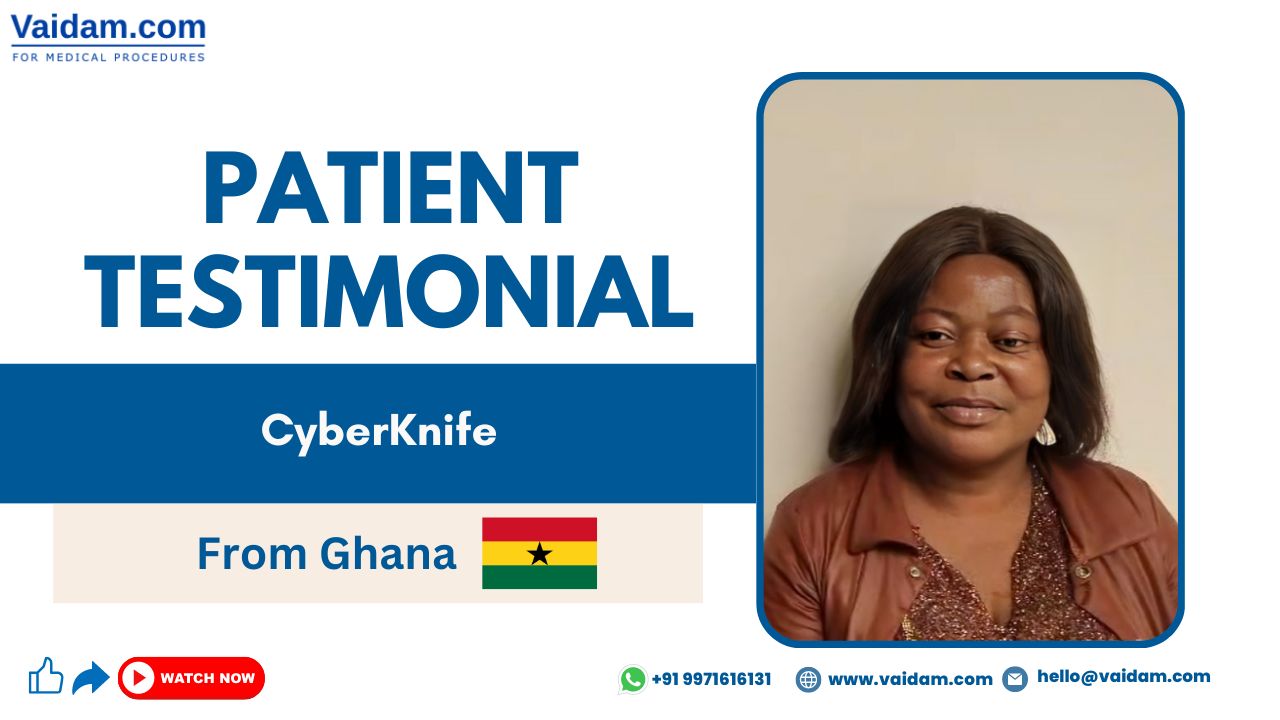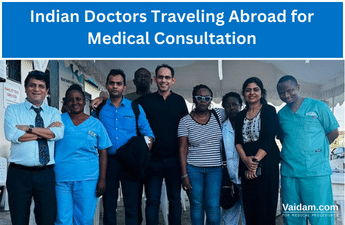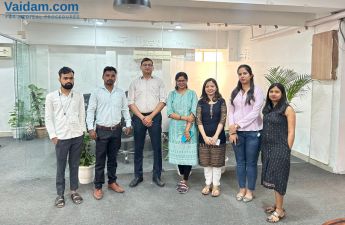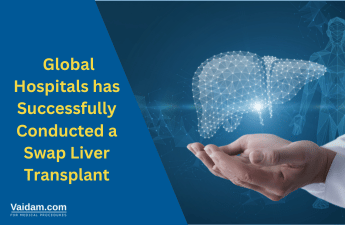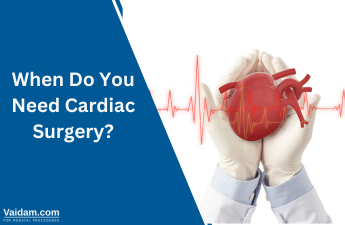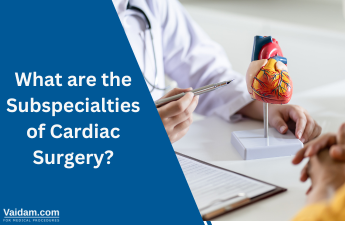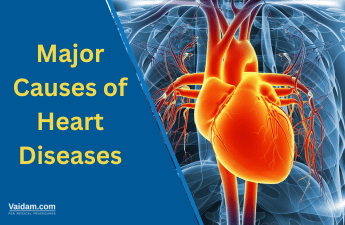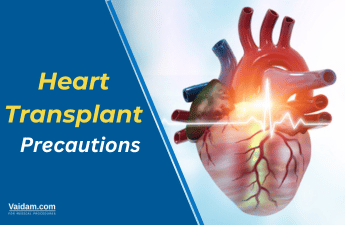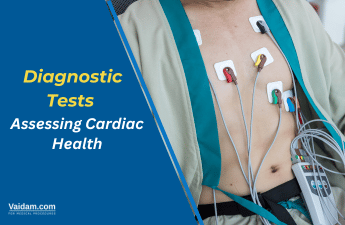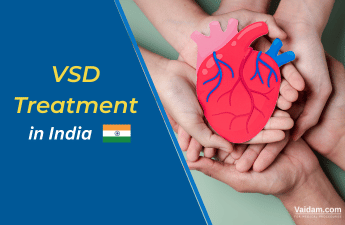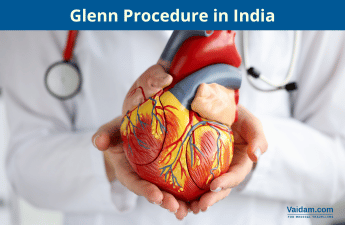Dr Sunil Thanvi has over 24 years of expertise as a cardiologist. He has done over 15,000 successful cardiac surgeries. Balloon Mitral valvuloplasty, Balloon Atrial septostomy, Device closures of PDA, ASD, VSD, and Fistulae, Aortic and Pulmonary valves, Aortic and Pulmonary valve stenting, and Cardiac catheterizations of complicated congenital diseases are among his specialities. He is now associated with Zydus Hospital, Ahmedabad.
He completed his DM in 2002, MD in 1998, and MBBS in 1994 from the same B. J. Medical College in Ahmedabad. He received training in Transesophageal Echocardiography from Escorts Heart Institute and Research Centre in New Delhi, Pediatric Cardiology and Interventions from Amrita Institute of Medical Sciences, Cardiac Resynchronization Therapy from Ospedale Niguarda Ca' Granda in Milan, Italy, and IntraVascular UltraSound from IVUS Club in Mumbai. Dr Sunil Thanvi is a member of the Indian Association of Physicians, the Indian Society of Cardiology, the Indian Society of Pediatric Cardiology, the Indian Society of Electrocardiology, the Indian Society of Echocardiography, and the Global Association of Physicians of India. He has spoken at several national and international forums and has been invited as faculty to various national and international forums.
He has worked as an Associate Professor at Bhanubhai and Madhuben Patel Cardiac Center, Karamsad in 2013, Professor at U. N. Mehta Institute of Cardiology & Research Centre, Ahmedabad in 2009, Senior Registrar at U. N. Mehta Institute of Cardiology & Research Centre, Ahmedabad in 2003, and Senior Resident at Civil Hospital, Ahmedabad in 1998. He has over 75 articles and publications to his name, including more than 5 international papers. Which include :
- ROTATIONAL DIGITAL ANGIOCARDIOGRAPHY IN EVALUATION OF CONGENITAL HEART DISEASE: Abstract 7,Cath & Cardiovasc Interv; vol.63,number 1, Sept.2004
- TRANSCATHETER CLOSURE OF LARGE PATENT DUCTUS ARTERIOSUS WITH SEVERE PULMONARY HYPERTENSION: Ind Heart J; 2003;55:499-502 (abstract)
- PERCUTANEOUS MITRAL VALVULOPLASTY IN ELDERLY, presented at APGCON, Rajkot, 2002.
- STUDY OF 100 CASES OF AIR POLLEN SAMPLING WITH REFERENCE TO RESPIRATORY ALLERGY: Indian practitioner, August 1998, Vol.51, No.8, 606-609.
- A STUDY OF COMPLICATED CASES OF P. FALCIPARUM MALARIA presented at Association of Physicians of Gujarat Annual Conference in January 1996, Baroda.
List of treatment provided by Dr Sunil Thanvi
- Neonatal and Infant cardiac surgeries
- Complex congenital heart surgeries
- Single Ventricle Defects Surgery
- ECMO Support
- Device Closure- ASD VSD
- Balloon Valvuloplasty - Aortic
- PDA Device Closure
- Coronary Angiogram
- PTCA-Percutaneous Transluminal
- Coronary Angioplasty
- Aortic Stent Grafting
- EPS-Electrophysiological
- Aortic Dissection Repair Surgery
- Minimal access surgeries for valves
- ASD (Atrial Septal Defect) Closure
- Heart Bypass Surgery (CABG)
- Aortic Valve Replacement
- Mitral Valve Replacement
- VSD Closure (Adult) Surgery
- Heart Double Valve Replacement
What is heart bypass surgery?
Coronary bypass surgery reroutes blood around a segment of a coronary artery that is completely or partially obstructed. A healthy blood artery is taken from your leg, arm, or chest and connected below and above the blocked arteries in your heart during the surgery. Blood flow to the heart muscle improves due to this new route. The cardiac condition that caused the blockages, such as atherosclerosis or coronary artery disease, is not cured by coronary bypass surgery. It can, however, help with symptoms like chest discomfort and shortness of breath. This treatment can improve heart function and lower the chance of dying from heart disease in some patients.
What are the different forms of bypass surgery for the heart?
Depending on how many of your arteries are clogged, your doctor will prescribe a specific form of bypass surgery.
- Single bypass. There is just one artery that is obstructed.
- Double bypass. Two arteries are completely occluded.
- Triple bypasses in all. Three arteries have been obliterated.
- Quadruple bypass. Four arteries are obstructed.
Heart Bypass Surgery Procedure
Coronary bypass surgery usually lasts three to six hours and is performed under general anaesthesia. The number of bypasses required is determined by the location and severity of the blockages in your heart. A breathing tube is placed into your mouth for general anaesthesia. This tube connects to a ventilator, which will keep you breathing during and after surgery. The majority of coronary bypass operations are performed through a large incision in the chest, with a heart-lung machine maintaining blood and oxygen flow throughout the body. This is called on-pump coronary bypass surgery. To expose the heart, the surgeon slices through the middle of the chest along the breastbone and spreads apart the rib cage. The heart is temporarily halted with medicine when the chest is opened, and a heart-lung machine takes over to circulate blood throughout the body. The surgeon removes a healthy blood vessel from inside the chest wall or the lower leg and connects the ends above and below the blocked artery to reroute blood flow around the constricted segment of the sick artery.
Your body will take some time to heal, but you will feel better every day. After surgery, it will take around 2 months for your body to feel better.

